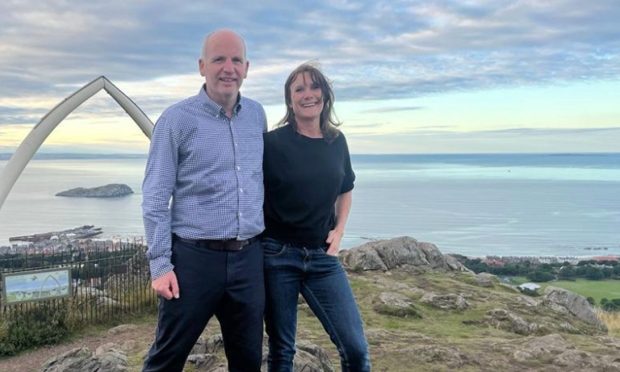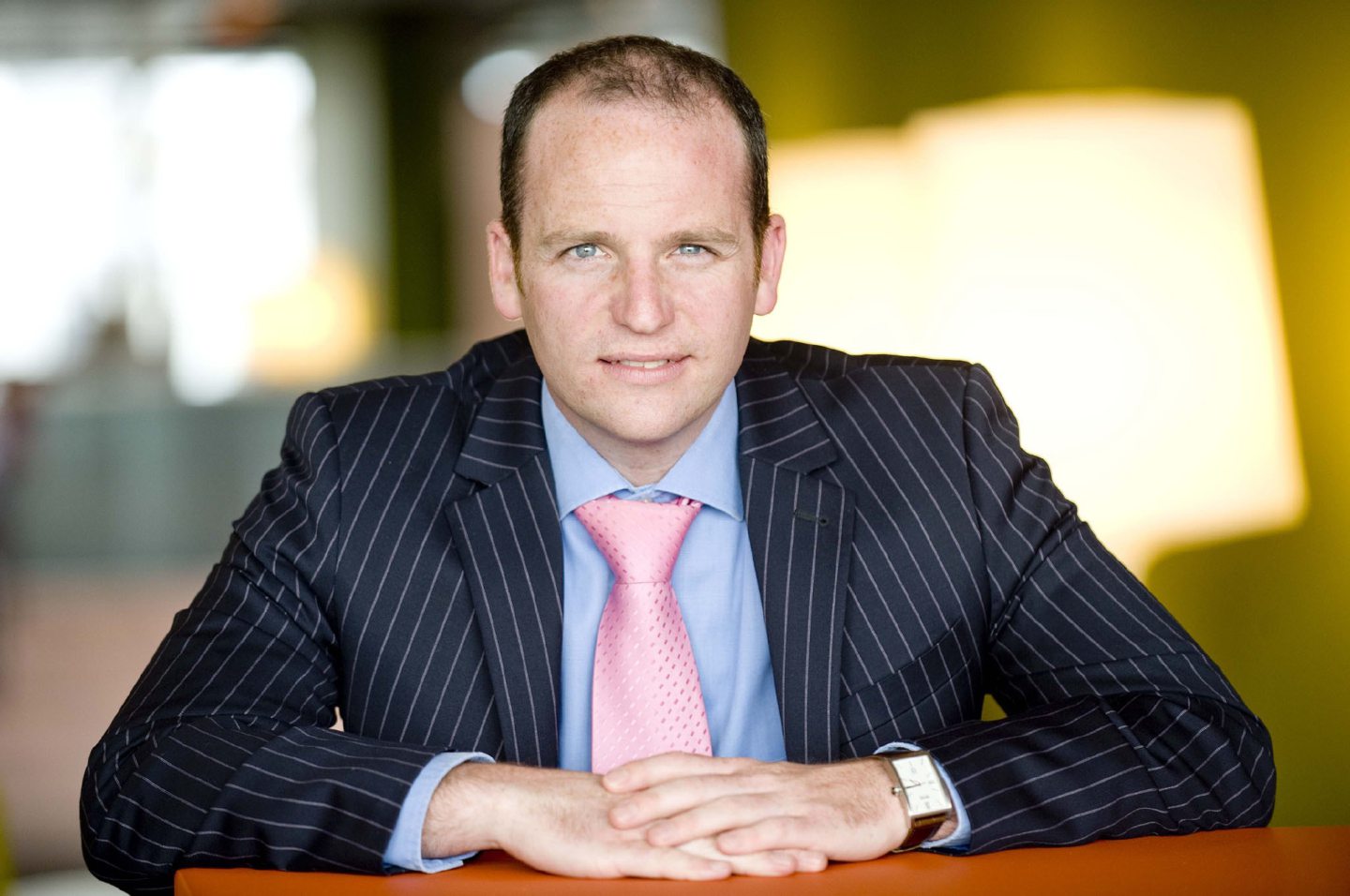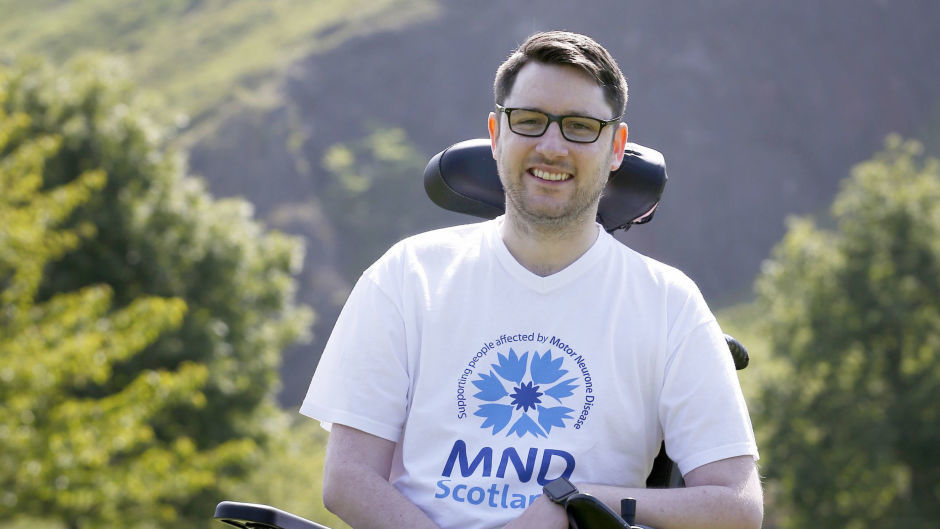Glenn Campbell is one of our finest journalists.
BBC Scotland’s political editor has one of the hardest jobs in the trade, and performs it with the elan and care of a tightrope walker.
The BBC is never far from the political headlines itself, constantly accused by one faction or another of favouring its opponents. During the independence referendum, the organisation was apparently full of unionists seeking to stymie the democratic desires of the Scottish people, its Glasgow HQ picketed as a result. The Brexit vote saw it portrayed as a buzzing hive of lefty pro-Europeans protecting the British Establishment from the revolutionary rabble.
While the BBC’s Charter ensures its independence from government, it also dictates impartiality in coverage of news and current affairs. This is doubly emphasised by its funding through the public licence fee.
Yet, in the feverish modern environment of social media, fake news and populist politicians, balance has been harder than ever to maintain. How to fairly cover the malign and manipulative Boris Johnson administration? The deranged extremists among the Covid and climate sceptics? Journalists in the US have much the same problem reporting on the shameless liar that is Donald Trump.
As much as anyone could, Campbell has mastered the art. In his analysis on the evening news he is measured, authoritative and fluent, bringing that essential balance to bear. You feel in safe hands.
Like all good hacks, he is also an equal opportunities offender: it’s not about which party you belong to, it’s about what you’ve done, or not done.
Politicians and wrong ‘uns across the Holyrood spectrum have cause to fear Campbell’s searching, incisive and often dangerous questions. As Nicola Sturgeon brought her resignation press conference to a close, it was he who asked her: “Have you been, or do you expect to be, interviewed by the police who are looking into your party’s finances?” At the time, the thought hadn’t even occurred to me. We all witnessed what followed.
‘I don’t think there is any point being angry’
At the weekend, Campbell gave a moving interview about a personal battle he is facing. In June, he suffered a horrendous crash on his bicycle and was left sprawled in the road, unable to move and with 10 broken ribs. Six weeks later, still recovering, he suffered a seizure and was diagnosed with incurable brain cancer.
Campbell is 47, still a young man, with a 20-year-old son and a 17-year-old daughter. He has undergone chemotherapy and radiotherapy, and a traumatic five-hour operation on his tumour. More tough treatment will follow.
He has, he said, “probably cried more in the last six months than in the last six years.” And no wonder – his situation is heartbreaking. “I would like to grow old with my wife. I have this vision of walking along one of our favourite beaches, hand in hand, in our dotage. It’s hard to know it is probably going to be denied to me. That’s what I am afraid of, rather than actually dying itself.”
Thank you for the positive feedback and incredible support. I am quite overwhelmed ❤️
As this is a work account, I won’t regularly post about brain tumours on here but if you want to follow my personal story…https://t.co/iQZi5baawU
— Glenn Campbell (@GlennBBC) January 14, 2024
We all wonder how we might cope in such difficult circumstances. Turn our face to the wall and await the inevitable? Or, would we have the courage to use what time we are granted to make a difference, to leave a legacy of some sort?
Campbell has chosen the latter. “I don’t think there is any point being angry about this or blaming anybody for those circumstances… generally I’ve been able to remain fairly optimistic, given a pretty bad hand. I just get on with things, it’s that ‘keep on keepin’ on’.”
With typical determination and energy, he has turned his hand to fundraising for Brain Tumour Research, pointing out to his interviewer that only 40% of those diagnosed with a cancerous brain tumour survive for a year or more, and that such tumours are the biggest cancer killer of children and adults under the age of 40. We all know the shock of someone who was there one moment and then suddenly taken well before their time.
For some, facing extinction brings out best of humanity
It’s hard not to be affected by the strength of character on display here. I am reminded of the extraordinary Gordon Aikman, a political campaigner who was diagnosed with motor neurone disease (MND) at the age of 29, and who, by the time he passed away at 31, had raised more than £500,000 for research and persuaded the Scottish Government to double the number of MND nurses.
The teacher and broadcaster Dame Deborah James, who died in 2022 at 40 from bowel cancer, raised millions for cancer research. There are countless other examples.
There seems to be something for some, at least, about facing their own extinction which brings out the best of humanity. They appear able to access an inner dignity and integrity that is often missing amid the chaff of daily life, when the future stretches endlessly in front of us. Amid the heartache and the loss, it is never less than awe-inspiring and humbling.
We’ll all hope Glenn Campbell is granted as much time as possible with his family. There is, somehow, a comfort for the rest of us in the way he is facing the most challenging of circumstances. And we can only hope that if and when we are confronted with similar, we would discover even half of his strength within ourselves.
Chris Deerin is a leading journalist and commentator who heads independent, non-party think tank, Reform Scotland



Conversation